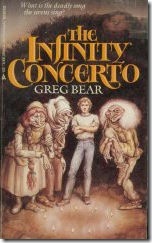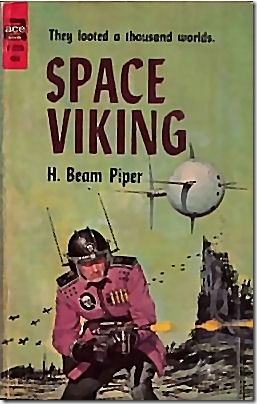We went up to Connecticut to the flea market today. Last year we went up at least ten times and in previous years we have gone as far as Pennsylvania to shop flea markets. Because of the price of gas, this trip costs about $50, so we may not make it up again this year.
The Elephant’s Trunk Flea was quite full. Here are some shots from the north side up on the hill.



I did very well. At one table a nice couple sold me some Weird Tales Magazines and a vintage 1948 JT-30 microphone. Since I collect both vintage microphones and vintage pulp SF magazines this was an incredible coincidence. I bought a J.J. Cale album for poker for a quarter – it would have been too weird if I had found it at the same table.
The Weird Tales pulps were from 1951 ad 1952, which is not Weird Tale’s best period. The stories are mostly, if not all, reprints. Weird Tales was digging into their contracts and finding stories that had been purchase with All Serial Rights or First and Second Serial Rights. This means that the authors gave Weird Tales or one of her sister publications the right to print their story again and in some instances as often as they wanted.
The magazines were OK quality, but would not be rated good or fine if I wanted to sell them. I thought that I was getting a bargain, but I probably paid just what they were worth. They are the same age as I am, but they are too fragile to take the bus with me.
The JT-30 is a military version called a model 80. It came with a long cable (missing) and had a rising response element. The element, of course, has been dead for 25 years. Some day I’ll find a 60 year old microphone that works. I made up for not getting a bargain on the magazines and got the JT-30 for $10, which is a very good deal.


Erica had some good luck and found some vintage quilts, which she was able to get for a very good price. They are all in need of a good cleaning, but there are not that many bad stains. The binding on the pink quilt is shot, but there are only a few small spots on the quilts themselves that need repair.
The first is a Basket Quilt top, made with Cranberry red cloth and muslin. Erica dated it from the patterns of the pieces as 1880 to 1910.


The next is an Indigo Quilt in a "9 patch" pattern (I think that this was called flying geese, but Erica isn’t sure). This was about 1890 from what Erica can tell from her pattern references. It has feed sack, Victorian shirting, and several kinds of Indigo.




Ollie and Gracie were helping us photograph the quilts.

The next quilt is an "Around the World" which Erica dates it possibly the 1920s, although some of the patterns are much earlier. There is cheddar type material and some double pink from 1880s. It also has Indigo and Victorian shirting.



 J. Erwine (a newly expectant Dad) has announced that The Martian Wave Science Fiction magazine is now available. I don’t remember if I get a free copy or not.
J. Erwine (a newly expectant Dad) has announced that The Martian Wave Science Fiction magazine is now available. I don’t remember if I get a free copy or not.
















